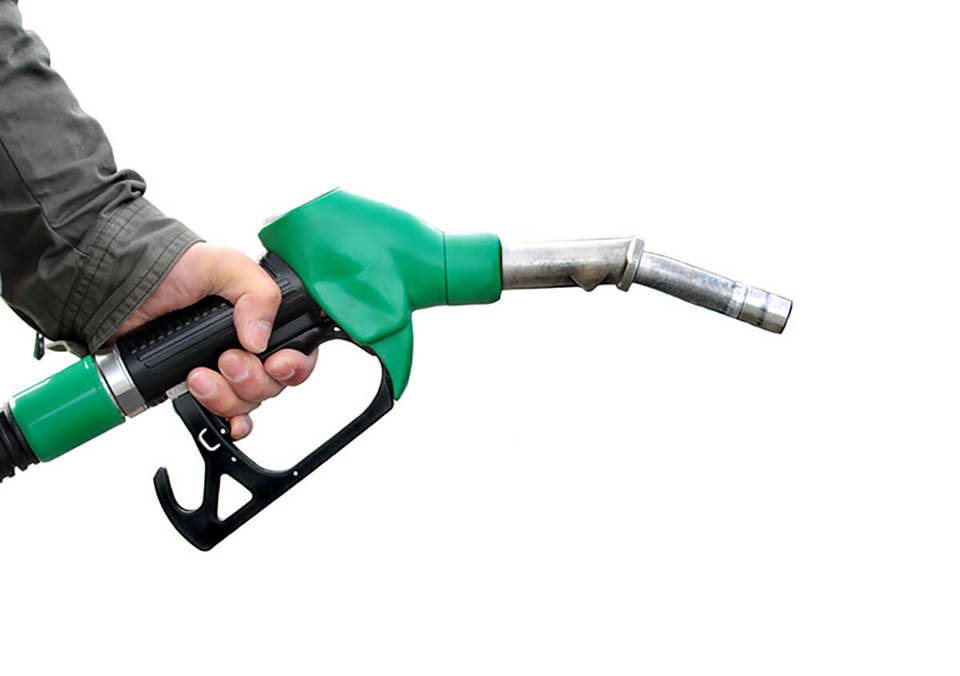Fuel prices could continue to rise over the next two years, fleet have been warned, causing damaging cost rises in the midst of a recession unless they take action to reduce the amount they use.
Global demand for oil is back on the rise with the price of a barrel of oil set to increase by more than 30% by the end of the year, the oil industry says.
Growing demand in China and an improving economic climate in some industries is already driving up oil prices and it could reach $80 a barrel by the end of the year, up 30% in just a few months.
Saudi Arabian oil minister Ali al-Naimi warned last month that unless other oil rich nations stepped up investment in capacity expansion, prices could rocket again within two to three years.
Already the price of fuel has risen to more than £1 a litre and there are signs that fleets will face a growing cost crisis in the coming months.
Experts who will be speaking at the Fleet Green Summit in London on June 24 will brief fleet operators that even if they don’t worry about the environment, they need to think about cost.
Conference speaker Gerard Finn, UK car fleet and business travel manager at Avon, said: “Acquiring low emission cars means we can contribute to positive change in our company. Sub-120g/km cars will further reduce our annual fleet costs.”
The Environment Agency, which will also be presenting at the conference, achieved direct cost savings of more than £1 million by tackling grey fleet mileage.
Nigel Underdown, head of transport advice at the Energy Saving Trust, added: “Pressure on fleet budgets means there has never been a stronger reason to implement green fleet policies.
“Businesses that burn less fuel will save money.”
The conference comes amid widespread fleet concern over changes to the advisory fuel rates (AFR), which provide guideline pence per mile fuel payments for reimbursing company car drivers.
HMRC recently announced a 1p per mile rate cut across the board for cars with diesel engines for new rates which comes into force on July 1.
But fleets are concerned that prices are rising and any cut will be met with fierce driver opposition. HMRC clarified its position last week by saying the fuel rates were ‘not binding’.
















Login to comment
Comments
No comments have been made yet.